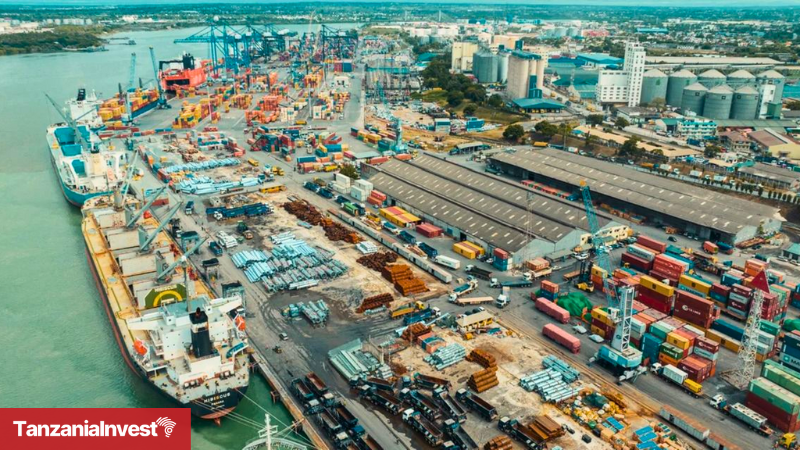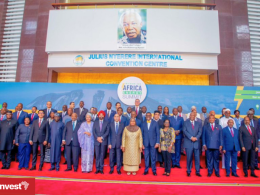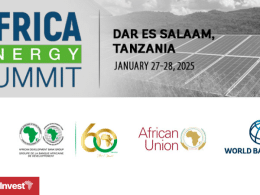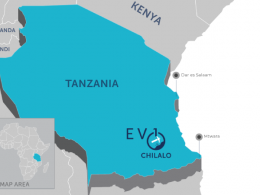On 16th August 12024, the Uganda National Oil Company (UNOC) initiated the shipment of oil products through the Port of Dar es Salaam, marking a strategic shift from its previous primary reliance on Kenya’s Mombasa port.
Historically, Uganda relied on the Port of Mombasa for importing oil products, using the Kenya Pipeline Company (KPC) for transportation to Uganda.
The decision was driven by logistical challenges and high costs associated with using Mombasa, prompting Uganda to seek an alternative route through the Port of Dar es Salaam.
The Mombasa port experiences significant congestion, with an average dwell time for containers of 5.6 days, leading to delays and increased shipping expenses.
Inefficient processes, including lengthy documentation and customs clearance that take an average of 12 days, further exacerbate the situation.
Additionally, infrastructure limitations at Mombasa hinder its ability to accommodate larger vessels and the increasing cargo volumes, impacting overall efficiency.
In contrast, the Port of Dar es Salaam is expected to provide a more streamlined and cost-effective alternative for Uganda’s oil shipments.
The oil shipped from the Port of Dar es Salaam to Uganda will be transported by road using trucks.
The CEO of UNOC, Proscovia Nabbanja, explained that Uganda plans to transport approximately 36 million liters of oil each month—equivalent to 1,028 truckloads—through the Port of Dar es Salaam, emphasizing that UNOC anticipates this volume to increase over time.
The commencement of oil shipments follows the agreements reached during the Second Uganda-Tanzania Business Forum, held from May 23 to May 24, 2024, at the Johari Rotana Hotel in Dar es Salaam.
The forum aimed to strengthen business and bilateral ties between Uganda and Tanzania, with a focus on enhancing economic and investment cooperation.
Key resolutions from the forum included measures to remove trade barriers, promote regional market integration, and enhance value addition in various sectors such as agriculture, manufacturing, energy, and mineral processing.
The forum also agreed on continued business engagements and joint ventures, with a planned trade and business mission from Tanzania to Uganda by the end of 2024.
This collaborative spirit aligns with Uganda’s strategic decision in April 2016 to select Tanzania over Kenya for the East African Crude Oil Pipeline (EACOP) route. The choice was made during the 13th Northern Corridor Heads of State Summit in Kampala, where Uganda opted for the Tanzania route due to concerns over security and cost, finding it to be a shorter and safer option.
The pipeline will transport crude oil from Uganda’s Lake Albert oilfields to the Port of Tanga in Tanzania, spanning 1,443 kilometers, with 80% of the pipeline located in Tanzania










